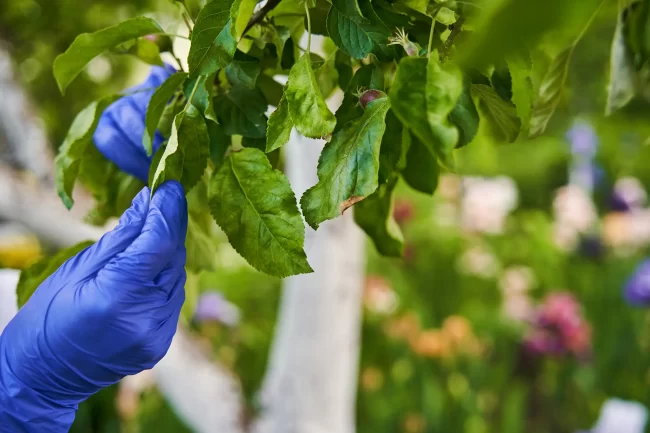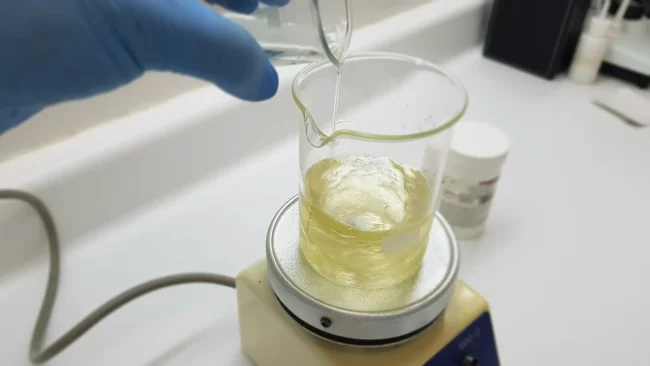Responding to a Public Health Threat: Why Proactive Water Management is Non-Negotiable
Preventative Approach to Public Health and Water Safety A recent news report in the Scottish press highlighted a concerning incident at the Royal Edinburgh Hospital, where a building was forced to close after Legionella bacteria were discovered in its water supply. While no patients were affected, the discovery serves as a powerful reminder of the…









